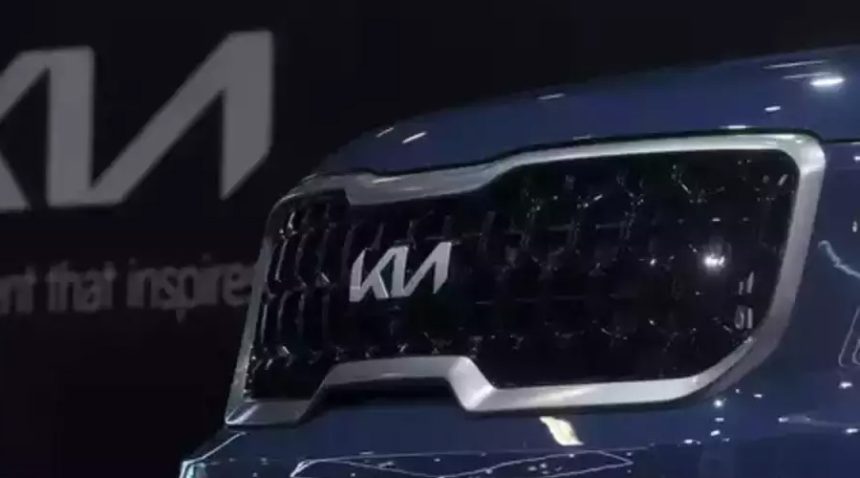Volkswagen and Kia Face Indian Customs Scrutiny Over CKD Car Imports and Tax Evasio
Indian authorities have launched an investigation into Volkswagen and Kia, alleging that the automakers evaded customs duties by misclassifying imported car parts. The probe focuses on completely knocked down (CKD) units, where the companies reportedly imported key components separately to benefit from lower duty rates.
As a result, Volkswagen and Kia have received massive tax demand notices—$1.4 billion and $150 million, respectively. Both automakers deny wrongdoing and are pursuing legal action. This high-stakes case could have significant implications for the Indian auto industry and foreign manufacturers operating in the country.
Volkswagen and Kia Motors received tax demand notices from Customs authorities which required the car manufacturers to pay a total of $1.4 billion and $150 million respectively. Both Volkswagen and Kia dispute such allegations through legal action whereby Volkswagen sent a lawsuit to the authorities and Kia filed comprehensive documentation. Much public interest surrounds this case since it includes popular models from Volkswagen Tiguan along with Kia’s luxury Carnival limousine vehicles.
Customs Duty Discrepancy: CKD vs. Individual Components
The fundamental cause of this problem originates from the part importation approach. Solutions shipped as complete knockdown units are subject to the 30-35% duty rate. Parts that enter the country individually and not as part of a consignment receive duty taxation at levels between 10 to 15%. The companies allegedly broke up parts meant for CKD assembly into many shipments and then misrepresented the separate items as low-duty rate components.
Officials from the government have found that companies use this method by importing key automobile pieces through multiple shipping containers. Automobile manufacturers implemented correct duty systems for CKD units though others seemed to label specific parts wrongly which created opportunities to bypass higher import duties. Since 2022 authorities have investigated this matter and determined that some cases involved deliberate misclassification of items.
Legal Actions and Company Responses
Volkswagen together with Kia took legal measures to address the investigation. Volkswagen filed litigation against the tax demand to protect its business operations in India. Volkswagen made the case that its activities combining imported and locally produced materials should not qualify as CKD units. Kia declared that they had already presented through supporting records that established their opinion regarding the situation to authorities.
Kia declared its firm dedication to complying with international rules along with domestic laws and guaranteed that its answers would solve any unclear elements. The continuing investigation progresses despite the current legal steps being taken. Authorities concentrate their investigation on luxury vehicle models from both Audi and Kia series as they investigate whether the Audi A4 and Q5 along with the Kia K3 should be classified by value rather than being considered CKD units.
Ongoing Investigations and Potential Consequences
The present investigations of Volkswagen and Kia regarding tax practices demonstrate how complex India’s customs rules can be. Some Volkswagen and Kia models are under investigation but the authorities have not taken action against every imported component of these manufacturers. The authorities focus on checking vehicles which arrived through the CKD program since incorrect part classifications can cause major issues with financial compliance.
The Indian customs system permits limited duty relief for CKD units but this reduction applies precisely when the components arrive in complete unity during one consolidated shipment. The corporations could receive severe punishments from authorities that would involve both taxing back demanded funds and implementing fines.
The ongoing legal proceedings include cooperation between the companies and customs officials and are set to clarify if components received the alleged improper classification by mistake or deliberate intention. Law experts focus on the tax demands as the main dispute because they need to understand how the situation will affect foreign businesses operating within India.






